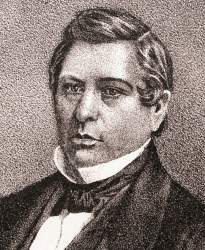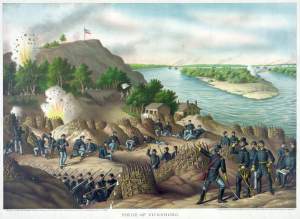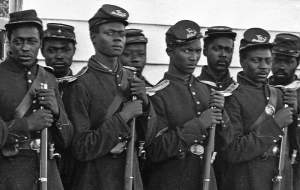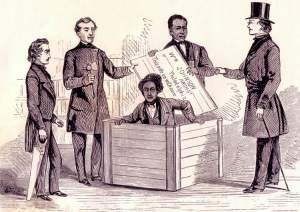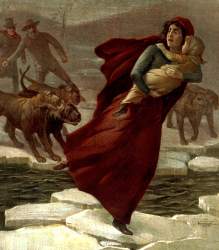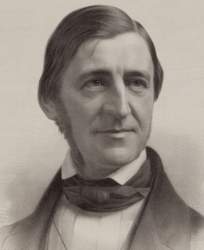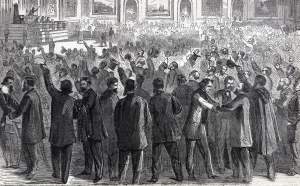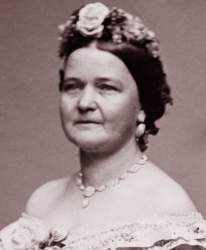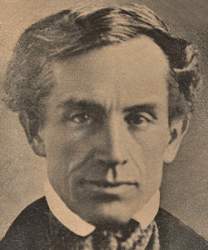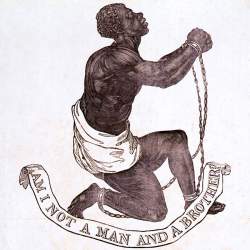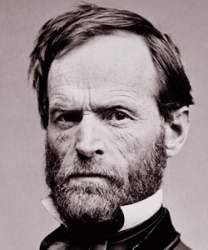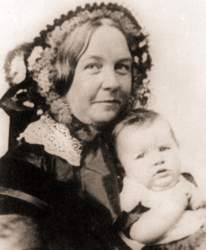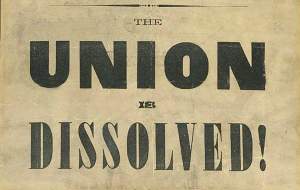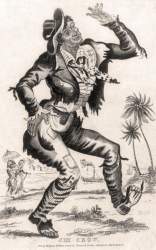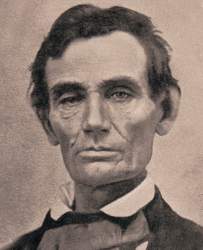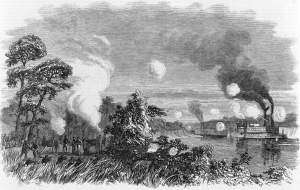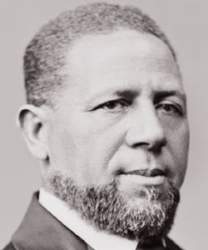Major Topics
| Iconic image | Title | Summary |
|---|---|---|
| Wilmot Proviso | The text of the Wilmot Proviso, an anti-slavery amendment originally offered to a special appropriations bill on August 8, 1846, was deceptively simple: "Provided, That, as an express and fundamental condition to the acquisition of any territory from the Republic of Mexico by the United States, by virtue of any treaty which may be negotiated between them, and to the use by the Executive of the moneys herein appropriated, neither slavery nor involuntary servitude shall ever exist in any part of said territory, except for crime, whereof the party shall first be duly convicted." Wimot was a freshman Democratic congressman from Pennsylvania. The language was borrowed in part from the Northwest Ordinance of 1787. The proviso itself was never passed into law during the Mexican War, though it was later adopted by the US Congress and signed into law by President Lincoln during the Civil War. Lincoln claimed that as a single term congressman himself in 1847 and 1848 that he had voted for the proviso "at least forty times." The language on slavery was incorporated into the final text of the Thirteenth Amendment to the US Constitution, which abolished slavery in 1865. By that point, Wilmot, now a Republican, was a federal judge in Pennsylvania. (By Matthew Pinsker)
|
|
| Vicksburg Campaign | ||
| United States Colored Troops | Over 180,000 black men fought for the Union army during the Civil War. Most of them served in the United States Colored Troops (USCT) which came into existence after the Emancipation Proclamation finally provided presidential endorsement for the much-discussed proposals for arming free blacks and former slaves in what had become the great conflict over slavery. USCT training camps in places such as Camp William Penn, located in historic La Mott (Cheltenham, Pa), provided skills and a new sense of identity to black soldiers, despite unequal pay with white soldiers and other forms of continuing discrimination in a segregated military. More than 11,000 black soldiers mobilized for service from Camp William Penn. (By Matthew Pinsker)
|
|
| Underground Railroad | The Underground Railroad was a metaphor first used by antislavery advocates in the 1840s to describe the increasingly organized and aggressive efforts to help slaves escape from bondage. The fight over fugitive slaves then became one of the primary causes of the Civil War. (By Matthew Pinsker) |
|
| Uncle Tom’s Cabin | ||
| Transcendentalism | ||
| Thirty-Seventh Congress of the United States | ||
| Thirty-Ninth Congress of the United States | ||
| Thirty-Eighth Congress of the United States | ||
| Test topic | This is a sample |
|
| Telegraph | ||
| Slavery | Slavery in the future United States began in the early seventeenth century as European trading vessels brought Africans across the northern Atlantic to provide forced labor for the new colonies in places such as Virginia. Within a century, all of the colonies in British North America had developed forms of African chattel slavery. After the American Revolution and by the end of the eighteenth century, most northern states initiated plans to abolish slavery. Some southern states appeared at least on the surface to be moving in that direction until the invention of the cotton gin in the 1790s altered the trajectory of slavery's profitability in the South. During the first half of the nineteenth century, slavery expanded southwestward with astonishing speed creating what many began to call the "Cotton Kingdom." American slaves engaged in numerous activities besides cotton picking and experienced a wide array of conditions in their various forms of enslavement, but it was without doubt the vast antebellum cotton plantations that came to embody the great contrast between the South's "peculiar institution" and fast-growing northern factories and marketplaces. The Civil War ended this growing national division, destroying a great deal of white southern wealth in the process and ultimately leading to the downfall of Amerian slavery in 1865. (By Matthew Pinsker)
|
|
| Sherman's March | ||
| Seneca Falls | ||
| Secession | ||
| Rise of Jim Crow | ||
| Republican Party | ||
| Red River Campaign | ||
| Reconstruction Amendments | ||
| Reconstruction |

